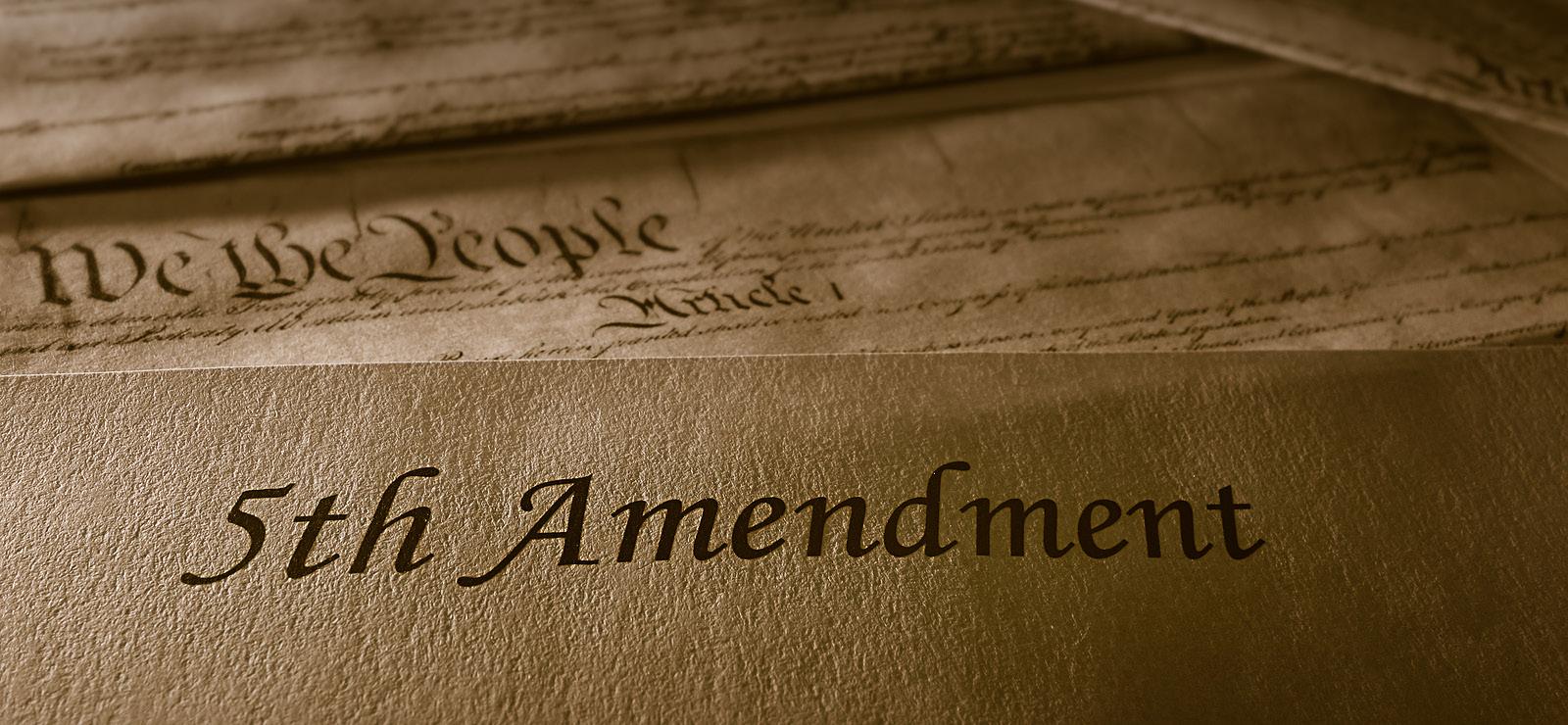
2 minute read
A Defendant’s Right to Remain Silent
A Defendant’s Right to Remain Silent in Concurrent Criminal and Civil Proceedings
One enduring pop culture lesson about the legal system is that a person charged with a crime has the “right to remain silent.” This classic Due Process catch phrase is not absolute if that person also has a pending civil case. Understanding how invoking the Fifth Amendment can impact a civil case is necessary to provide strategic and effective representation for your client.
The Right to Remain Silent
The right against self-incrimination, found in the Fifth Amendment to the US Constitution and Article I Section 9 of the Tennessee Constitution, directs that a defendant in a criminal case may never be required to “give evidence against himself.” A defendant cannot be made to give a deposition or sworn statement or to testify at trial, and that decision to remain silent cannot be used against him as evidence of guilt. This right is absolute in a criminal proceeding.
Generally, the protections of the Fifth Amendment extend to civil proceedings, but only when the person invoking the privilege believes his disclosures could be used in a criminal prosecution or could lead to other evidence that could be used in that manner.1
Unlike a criminal proceeding, parties in a civil case are expected to proceed under a more equal division of power. Thus, “one party’s assertion of his constitutional right should not obliterate another party’s right to a fair proceeding.”2
Discovery Dilemmas
Discovery in a criminal case is governed by Rule 16 of the Tennessee Rules of Criminal Procedure and, except in limited circumstances, involves the production and disclosure of documents and other evidence for inspection and review. However, the criminal defendant does not possess the almost unfettered opportunity of a civil party to depose potential witnesses. The criminal defendant is generally entitled to all evidence the State intends to use at trial and all evidence that may be favorable to the defendant.3 Although criminal discovery is considered reciprocal, the defendant is not required to share with the State his or her theory of the case.
Unless specifically ordered, and subject to Rule 26 of the Tennessee Rules of Civil Procedure, there is scant limitation on civil discovery. A criminal Defendant who is also a civil litigant can be served with written discovery, subpoenaed to give a deposition, or called to testify at a hearing or trial.4 Refusal to answer questions in pretrial discovery may limit a civil litigant’s ability to later testify
(continued on page 12)

Be the first person to email the correct answer to Jill.Presley@nashvillebar.org, and your name—along with the correct answer—will appear in the next issue.
FEB/MAR GOLDEN OLDIES
Congratulations to Ralph DeMarco of Rutherford & DeMarco for correctly identifying the individuals in last issue’s photo! From left to right: Hamilton “Kip” Gayden and Maclin Davis.

NBA Outdoor Events Are Back!

April 8 | YLD Happy Hour @ TopGolf May 1 | Grand Slam Tennis Tournament @ Seven Hills Swim & Tennis Club May 13 | NBA + NBF Golf Tournament @ Hermitage Golf Course June 12 | Family Zoo Day @ Nashville Zoo at Grassmere








